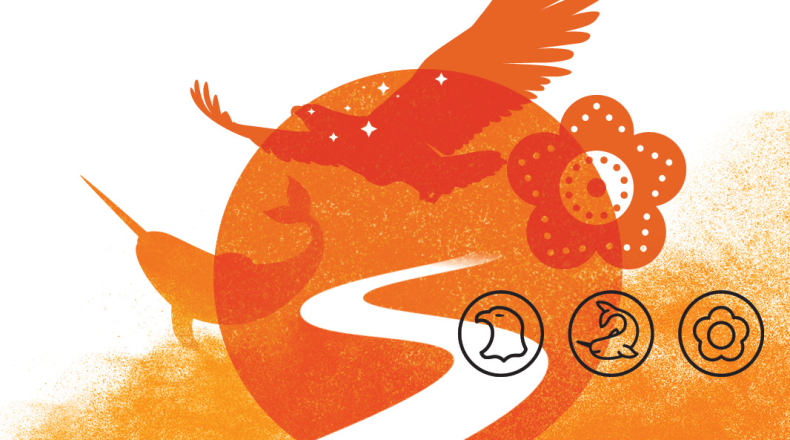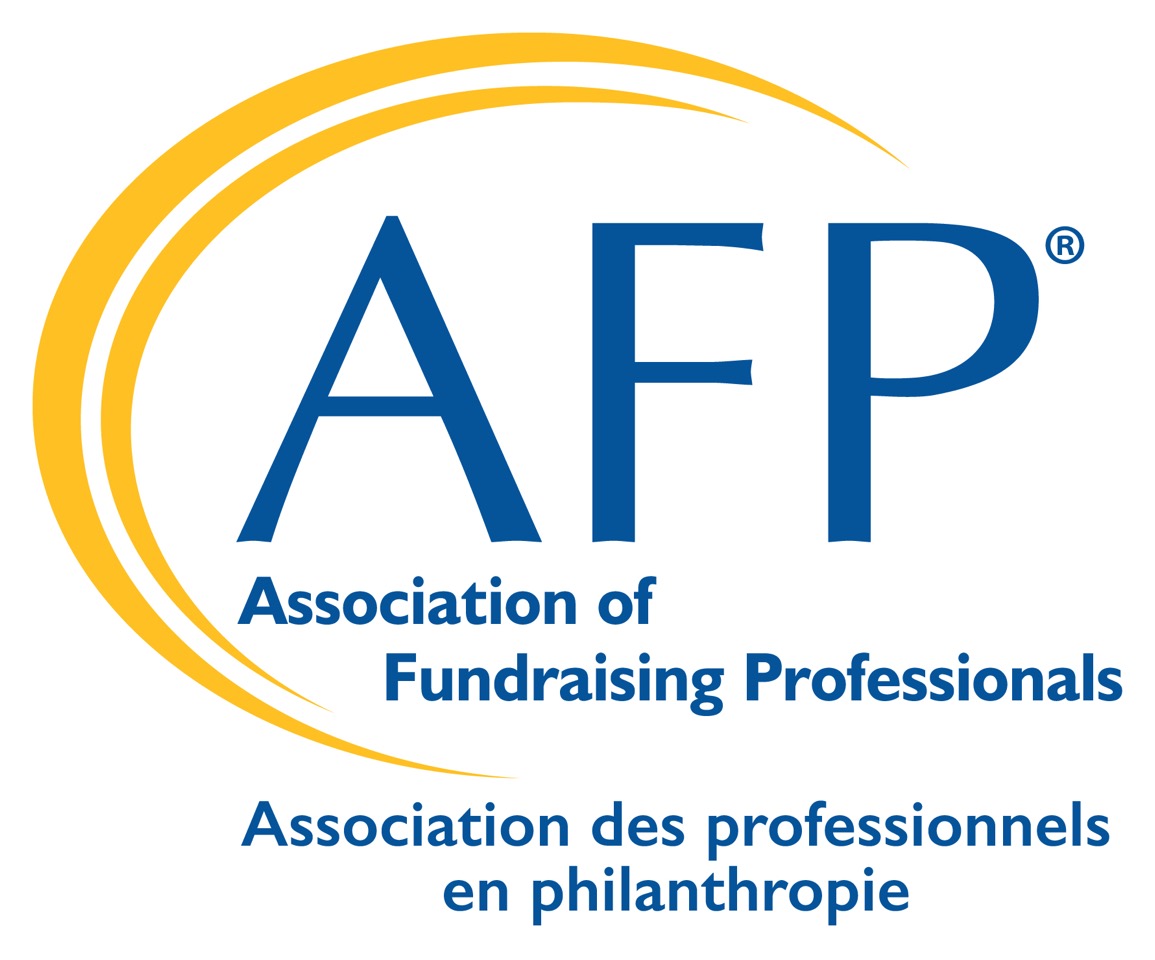On the Road to Truth and Reconciliation: Unpacking the Trip

Image source: The Government of Canada
In September 2021, the Action Identification Working Group on Truth and Reconciliation was formed as a joint initiative between AFP Canada and the AFP Foundation for Philanthropy - Canada boards. Its focus was to determine possible actions that AFP in Canada could take on Truth and Reconciliation. AFP Daily has created a three-part series, On the Road to Truth and Reconciliation, so members can learn about the working group, how it went about its work, what it learned and, ultimately, the actions it identified for AFP on Truth and Reconciliation. Today, we feature Part Three in the series, Unpacking the Trip. Part Two in the series, Travelling the Path was published on November 3. Part One, Before Setting Out, was published on October 27.
In response to the confirmation of a vast number of unmarked burial sites on the grounds of Indian residential schools through the spring and summer of 2021, AFP decided it wanted to do more than “issue a statement.” Instead, it struck a working group in September 2021 to determine what AFP had in its power to do to begin to address the generational trauma suffered by Indigenous people and how to start the process of decolonizing the profession. Jennifer Johnstone, chair-elect of AFP Canada, and Susan Storey, CFRE, past chair of the AFP Foundation for Philanthropy Canada, co-chaired the working group which identified meaningful actions on Truth and Reconciliation that AFP in Canada could take and presented its findings to the AFP Canada board and the AFP Foundation for Philanthropy – Canada board in July 2022.
In its report, the working group said enacting its recommendations “will result in meaningful progress towards decolonizing our profession [but that] progress will only be made if relationship building with our Indigenous colleagues is at the heart of these actions.”
The recommendations outlined by the working group include:
- Looking at how AFP recruits its committees and boards, and how it can attract more Indigenous people to the fundraising profession.
- Developing a national territorial acknowledgement for AFP in Canada—which was published this fall.
- Determining how best to use and share the benefits from the AFP Foundation for Philanthropy – Canada’s membership in the Circle on Philanthropy.
- Having the scholarship committee consider dedicating funds so that more Indigenous people can have access to fundraising professional development opportunities.
- Providing a mechanism for funding research into the inclusion of Indigenous philanthropy, fundraising and the path to inclusive leadership.
- Helping members understand why it is important for them to increase their knowledge about Truth and Reconciliation including sharing learnings from AFP Canada’s work on decolonizing the Narrative for Canadian Fundraising. (The Narrative guides AFP members on how to have meaningful conversations that are focused on the impact of fundraising. AFP Canada has been engaged in a thorough review of this work through a social justice and decolonizing lens.)
- Concentrating on including Indigenous fundraisers in the Fellowship in Inclusion and Philanthropy program.
- Developing partnerships to advance this work with Indigenous leaders and AFP Global.
The recommendations cover almost everything AFP does, from creating a written territorial acknowledgement to forms and style of leadership with the goal of creating a more inclusive fundraising profession that’s focused on meaning, not just the value of donations received each year.
“If AFP is to be a leader in Truth and Reconciliation, we need to lead by action, we need to weave it through the movement forward,” said Scott Fortnum, CFRE, ACFRE, treasurer of AFP Canada. “We have to work to melt away the barriers and work in partnership.”
“In my 30 years of doing this work, there have been many changes and I think there’s a lot more to come,” said Johnstone. “We have come such a long way from such a limited construct of charity. There are many people challenging the idea of the haves giving to the have-nots. About how we care for each other. It’s absolutely intertwined. It’s a changing understanding, and because in this sector, there is some common or shared belief in the value of human beings. There are places of shared connections.”
Some AFP chapters have been leading the way on this issue, and they will continue to provide primary leadership. The working groups recommendations underscore the necessity of chapters being supported in their Truth and Reconciliation work, as well as their leadership being amplified.
“AFP’s strength is based on individual members,” said Storey. “There are many who can and will fight to keep these issues at the forefront of AFP in Canada.”
“We want to create opportunities for members to get involved,” said Rea Ganesh, secretary of the board, AFP Canada. “I know from an IDEA (Inclusion, Diversity, Equity and Access) perspective, when we are going out to the chapters, we are weaving the Truth and Reconciliation work into that.”
Another core part of what this group did was research on building new relationships.
“Work cannot continue without those partnerships,” said Darius Maze, CFRE, secretary of the AFP Foundation for Philanthropy - Canada. “And we absolutely must have more emphasis on equity.”
“We’ve passed through the time of the centrality of the donor,” said Johnstone. “We must now balance the rights of the beneficiary with the rights of the individual donor. That’s what we mean when we talk about ‘ethical and professional’ fundraising.”
“My one message would be that it’s not necessarily what the working group has done, it’s about what you can do,” said Ganesh. “When I went into the archives to do research into Indigenous history, I met Indigenous people and heard their stories. What’s your part? That is what you must figure out.”
“I believe once we set the stage with Truth and Reconciliation, we can be stronger in our equity work overall,” said Sana Mahboob, board member of the AFP Foundation for Philanthropy – Canada. “Members and non-members will feel more supported. It may not be easy work. But if don’t take it on, then who will?”
Unpacking the Trip is the last in our three-part series On the Road to Truth and Reconciliation. Part One, Before Setting Out, was published on October 27. Part Two, Travelling the Path, was published on November 3.


